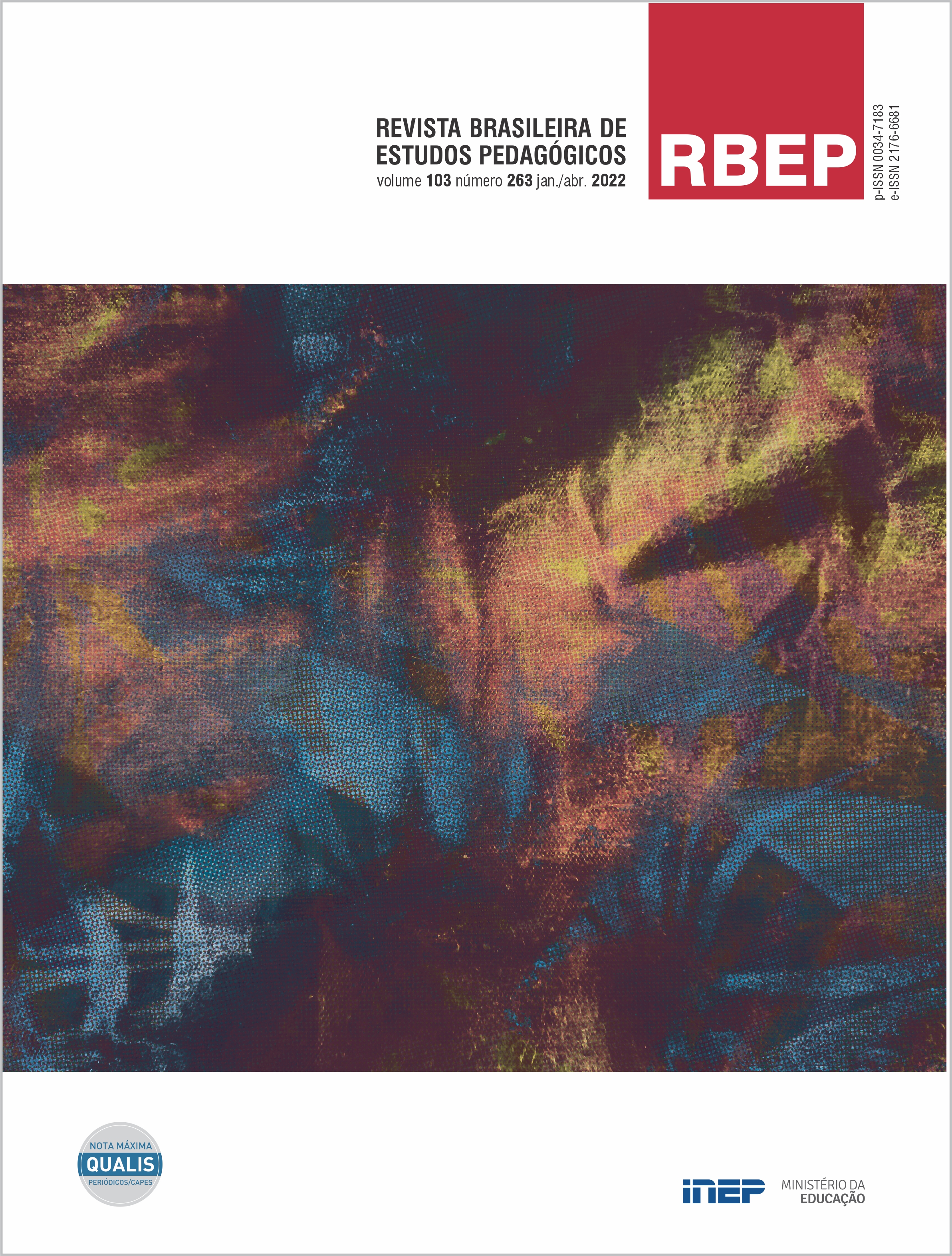The “different approach” of Enade 2017: analysis and discussion from the perception of near-graduating students of Philosophy at the Federal University of Espírito Santo
Abstract
In response to the Test Perception Questionnaire about Enade applied in 2017, near-graduating students of the Licentiate Degree in Philosophy at the Federal University of Espirito Santo (UFES), offered as distance education, from 2014 to 2019, indicated the “different form of approaching the content” as the main factor of their difficulties in the test. This study aims to understand the meaning of such expression, to determine to what it refers and what aspects of teaching and training in Philosophy it mobilizes. The identification of these elements reflects the interest in contributing to the undergration philosophical studies, aiming to remedy any shortcomings of program content, brought out by the results of Enade. This analysis is based on a documentary source related to the assessment of 143 students in the Perception Questionnaire, divulged by INEP’s Course Report. The information is examined together with the data collected by the Collegiate Course, that, through a survey with Google forms tool, gathered the answers sent by 66 graduates. The deductive hypotheses test, along with statistical item analysis, suggests that the “different form of approach” is related to the philosophical field of Logic/Language and the competence to interpret. A proposition is made for a reflection on the development of methodologies for the study of Logic and didactic-pedagogical actions to increase the teaching of Hermeneutics.
Downloads
Copyright (c) 2022 Brazilian Journal of Pedagogical Studies

This work is licensed under a Creative Commons Attribution 4.0 International License.
Once their work is accepted for publication, author’s copyrights are automatically relinquished to the National Institute for Educational Studies and Research Anísio Teixeira (Inep).
Since 2016, the journal Revista Brasileira de Estudos Pedagógicos (RBEP) uses the licence CC-BY.
Partial or total reproduction of the content of this Journal is permitted provided that the original publication is properly referenced, as well as a link to license CC BY 4.0 and to indicate any possible alterations made to the article.




















